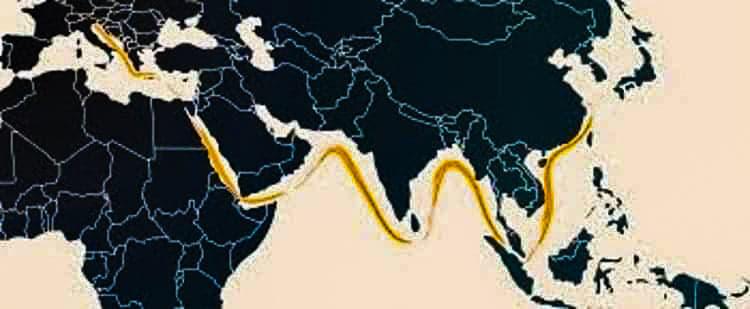30/10/2020
The Indo-Pacific Region (IPR) has been deemed as the most relevant geopolitical theatre of the 21st century where the future of the international order will be decided. The persisting bipolar competition in the area, exemplified by the India-China discord and the U.S.-China confrontation, has been overshadowing the existing regional constructs implemented to enhance economic and security cooperation. Despite the Indo-Pacific being mostly shaped by the rise of China and India, its power narrative envisions other stakeholders such as Japan, Australia, the United States, and European countries. Given European countries’ economic reliance on the sea lanes crossing the heartland of the Indo-Pacific, any kind of commercial shipping disruption would endanger European trade and precipitate a global economic crisis.
As Asian security is inherently connected to European economic prosperity, there is a compelling need for the European Union to formally acknowledge the new power narrative of the Asia-Pacific by adopting an Indo-Pacific strategy. Primarily to safeguard European economic interests in the region as well as to increase the EU’s profile as a global security provider and strategic partner for its allies in Asia.
In light of the state of affairs in the Indo-Pacific, this paper calls for the European Union to further prioritize Asian security as well as expand its engagement with the Indo-Pacific region by formulating an Indo-Pacific Outlook in order to actively advocate for a rules-based international order, freedom of navigation and overflight, and further engage economically with its strategic allies and other democracies in the region.
Author: Giulia Iuppa, Associate Researcher
Photo credits: European Union Institute for Security Studies

